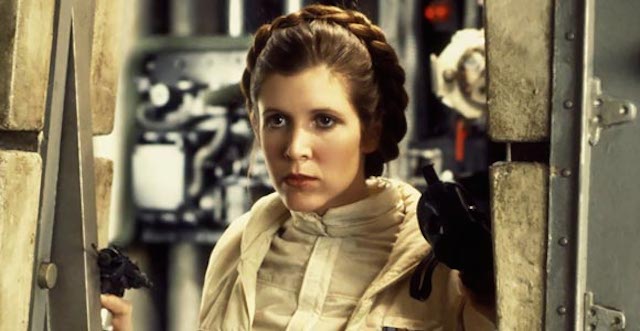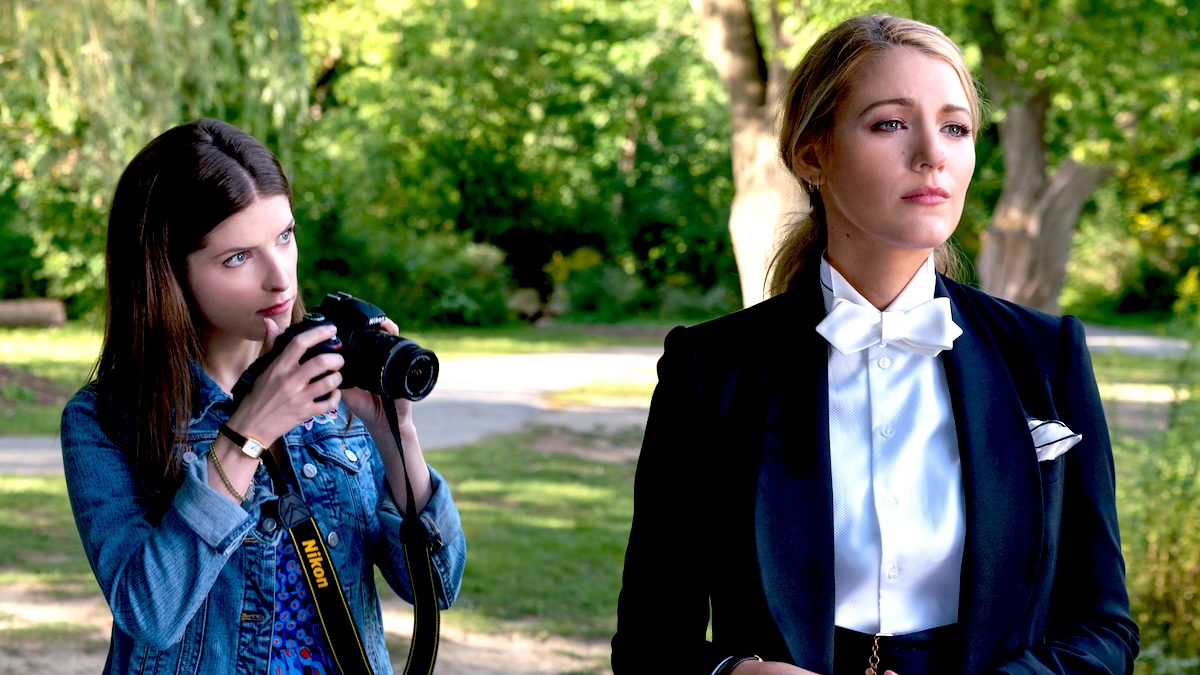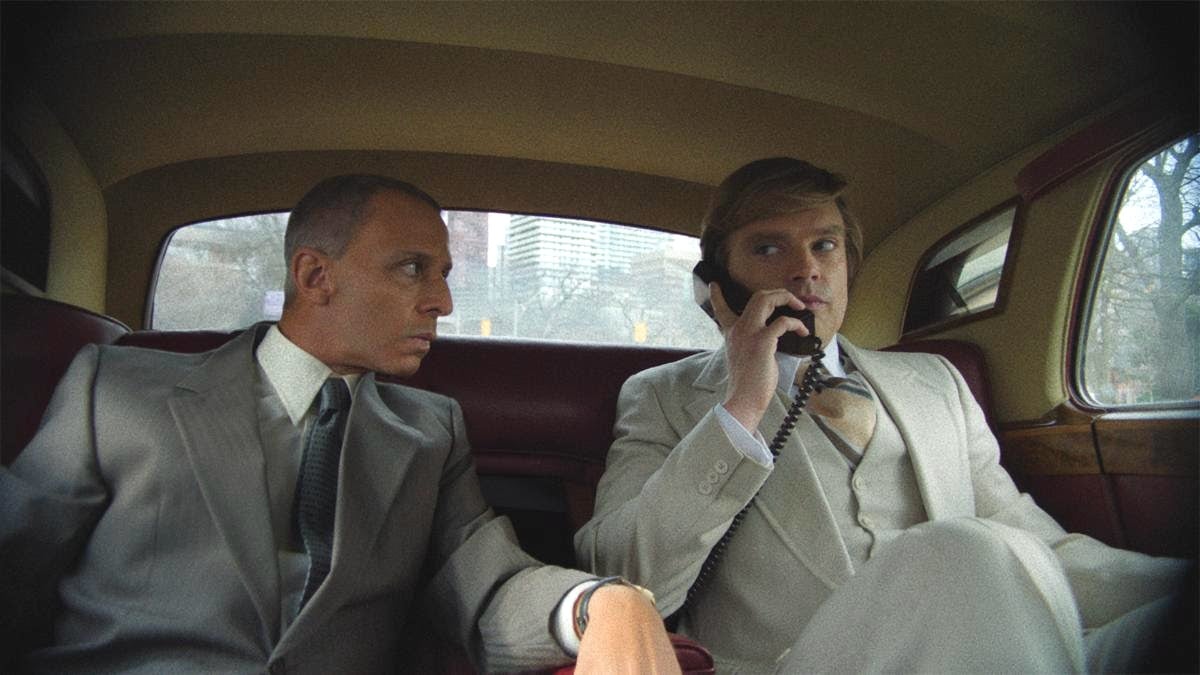Since her death, there has been plenty of speculation about the late, great Carrie Fisher’s role in Star Wars: Episode VIII and Episode IX. After reports surfaced that Lucasfilm was negotiating with her estate, the speculation turned to digital recreation–a technique which Lucasfilm already used to portray both and in Rogue One: A Star Wars Story. However, on Friday, Lucasfilm denied that they were headed in this direction.
A statement posted on StarWars.com said: “We don’t normally respond to fan or press speculation, but there is a rumor circulating that we would like to address. We want to assure our fans that Lucasfilm has no plans to digitally recreate Carrie Fisher’s performance as Princess or General Leia Organa.”
Lucasfilm then acknowledged how iconic Fisher was. “Carrie Fisher was, is, and always will be a part of the Lucasfilm family. She was our princess, our general, and more importantly, our friend. We are still hurting from her loss. We cherish her memory and legacy as Princess Leia, and will always strive to honor everything she gave to Star Wars.”
Fisher’s legacy, and how it will be honored in the upcoming films, has become a recurring topic of discussion. Her role as General Organa in Episode VIII, reportedly larger than her role in The Force Awakens, now takes on a heightened meaning because it represents her last appearance in the franchise. Though the movie has already been filmed, this still leaves the creative team with a lot of questions about how to honor all the competing demands of her scenes: their significance for the story, their significance for the fans, and their significance for the memory of a much-missed friend.
In addition, “has no plans” doesn’t mean “won’t have such plans in the future,” and Lucasfilm has already . It’s possible that they, and Fisher’s estate, may decide it is the most tasteful way to recognize her, particularly for the not-yet-filmed Episode IX. Still, the company is likely feeling cautious because of the mixed reactions to digital recreation in Rogue One. For some viewers, it was an aesthetic question; the result didn’t look lifelike enough to escape the uncanny valley. For others, it was a moral question of a person’s right to control their likeness, even in death. For still others, this was a landmark technical achievement which would allow an artist’s work to live on.
So many of these decisions are still up in the air, and given that her passing was so recent and so sudden, I can’t imagine they’re easy for anyone involved to make. However, this statement at least seems reassuring on one front: that Lucasfilm wants to do right by Fisher. For now, that’s all I want to know.
(Via The Hollywood Reporter, image via Lucasfilm and Walt Disney Studios)
Want more stories like this? Become a subscriber and support the site!
—The Mary Sue has a strict comment policy that forbids, but is not limited to, personal insults toward anyone, hate speech, and trolling.—
Follow The Mary Sue on Twitter, Facebook, Tumblr, Pinterest, & Google+.









Published: Jan 14, 2017 11:00 am